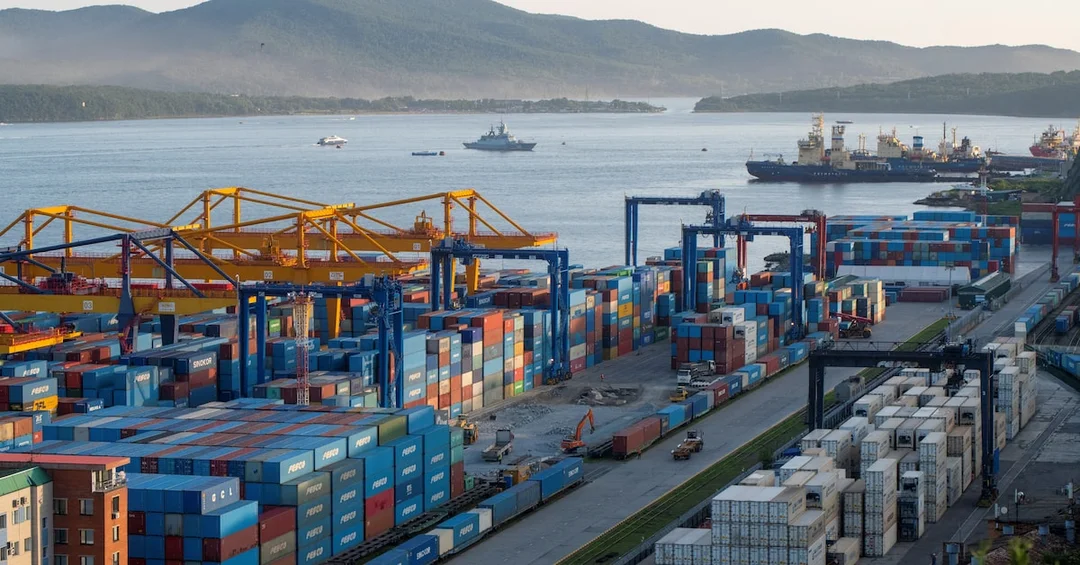
Trump Proposes Tariffs on Russia, Cuba, and North Korea
Former President Donald Trump has announced plans to impose tariffs on Russia, Cuba, and North Korea if he wins the upcoming election. The proposed tariffs aim to pressure these nations, with Russia's actions in Ukraine being a significant factor. Trump's strategy includes a 60% tariff on Chinese goods and a 100% tariff on cars from Mexico made by Chinese companies.
The move is seen as an escalation of economic measures against countries perceived as adversaries. Russia, in particular, has been targeted due to its ongoing conflict with Ukraine. Trump's proposal comes amidst strained relations with these nations, with the U.S. seeking to leverage economic power to influence their policies.
Critics argue that such tariffs could lead to increased global tensions and economic repercussions. Supporters believe it's a necessary step to protect U.S. interests and counteract the actions of these countries. The announcement has sparked a debate on the effectiveness and implications of using tariffs as a foreign policy tool.
Related issues news
What is the Russian tariff?
The Russian Customs Tariff is the customs duty for the Russian Federation.
How much does the US trade with Russia?
Treasury Secretary Scott Bessent told Fox News that numerous sanctions on Russia had already precluded meaningful trade. But bilateral trade between the U.S. and Russia stands at $3.5 billion, far larger than other countries which incurred tariffs.
What is US trade with Russia?
Breaking it down: The value of U.S.-Russia trade plummeted from around $35 billion in 2021 to $3.5 billion as of last year due to sanctions imposed over Russia's invasion of Ukraine.
Does the United States import goods from Russia?
According to the Office of the US Trade Representative, the US imported goods from Russia worth $3.5bn (£2.7bn) in 2024.